More from the Review
Subscribe to our Newsletter
Best of The New York Review, plus books, events, and other items of interest
Advertisement
More from the Review
Subscribe to our Newsletter
Best of The New York Review, plus books, events, and other items of interest
David Shulman is the author of Tamil: A Biography, among other books. He is a Professor Emeritus at the Hebrew University of Jerusalem and was awarded the Israel Prize for Religious Studies in 2016. He is a longtime activist with Ta’ayush, the Arab–Jewish Partnership, in the occupied Palestinian territories. (May 2024)
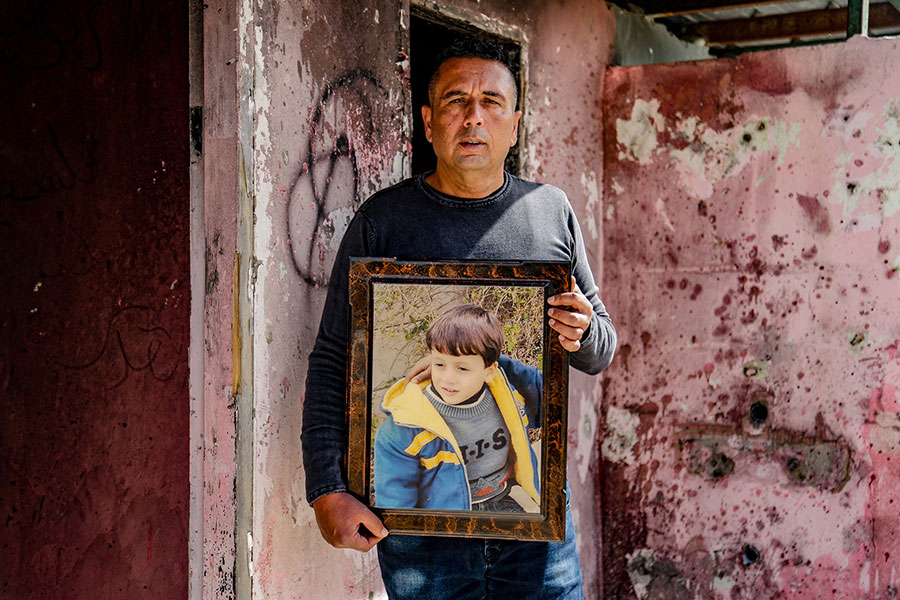
Heading Toward a Second Nakba
Nathan Thrall argues that the accident in which Abed Salama’s son died was a predictable, even inevitable, outcome of the Israeli occupation in its quotidian forms.
A Day in the Life of Abed Salama: Anatomy of a Jerusalem Tragedy
by Nathan Thrall
October 19, 2023 issue
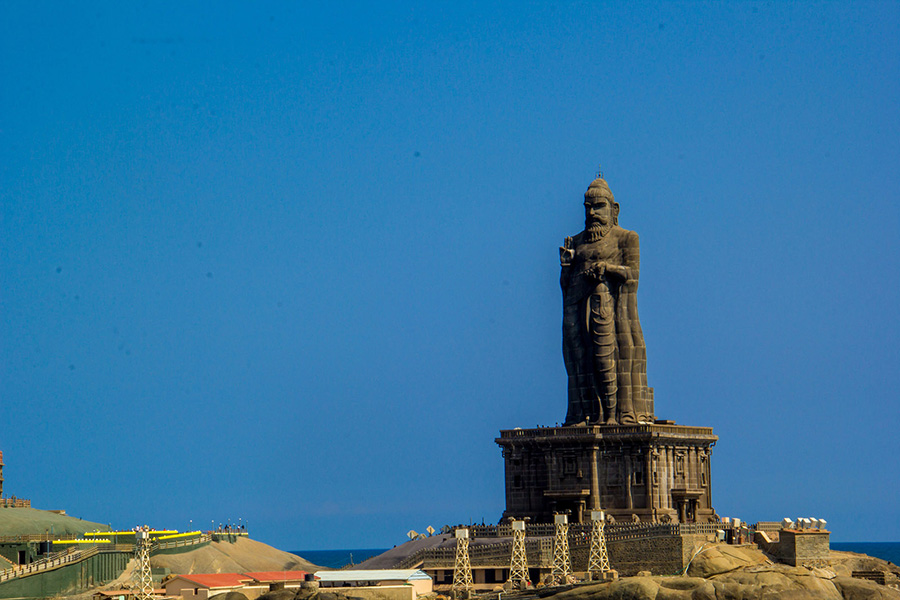
Cosmic Oceans Squeezed into Atoms
The idiosyncratic wisdom of the Tirukkural’s poetry is about aliveness, perhaps the most elusive of human goals.
The Kural: Tiruvalluvar’s Tirukkural
translated from the Tamil by Thomas Hitoshi Pruiksma
October 6, 2022 issue
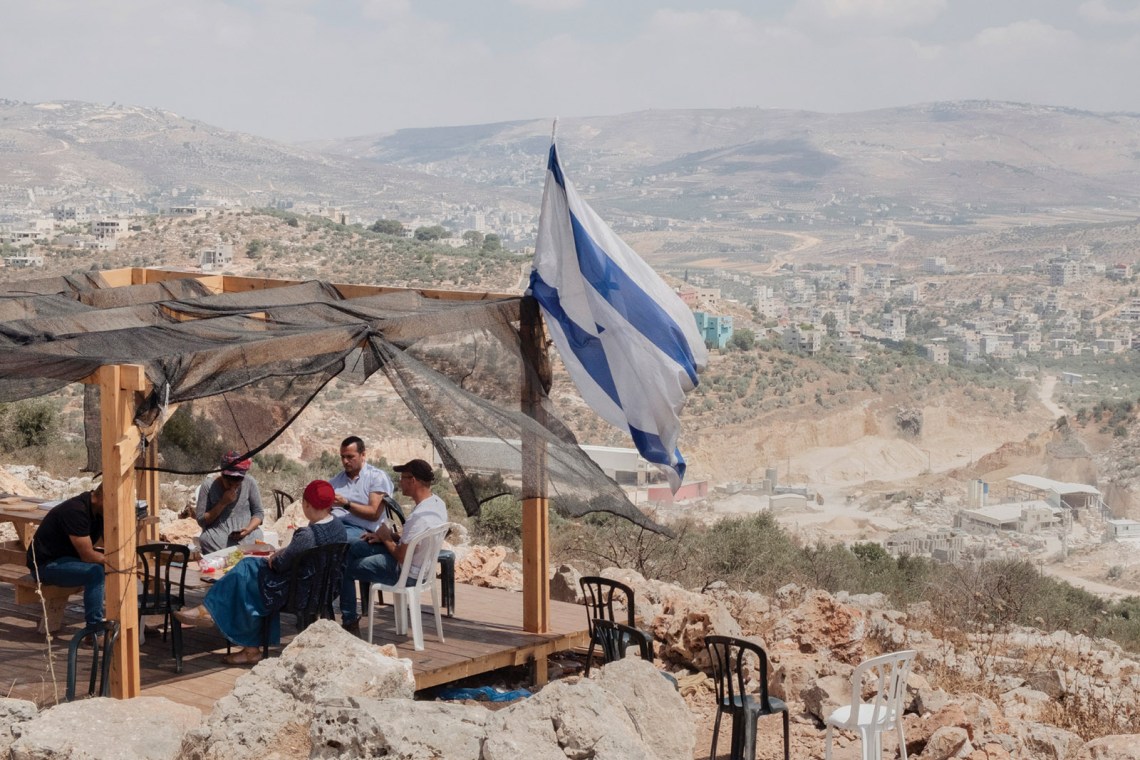
Lost Illusions
Sylvain Cypel's transformation from liberal Zionist to ferocious critic of Israel.
The State of Israel vs. the Jews
by Sylvain Cypel, translated from the French by William Rodarmor
February 10, 2022 issue
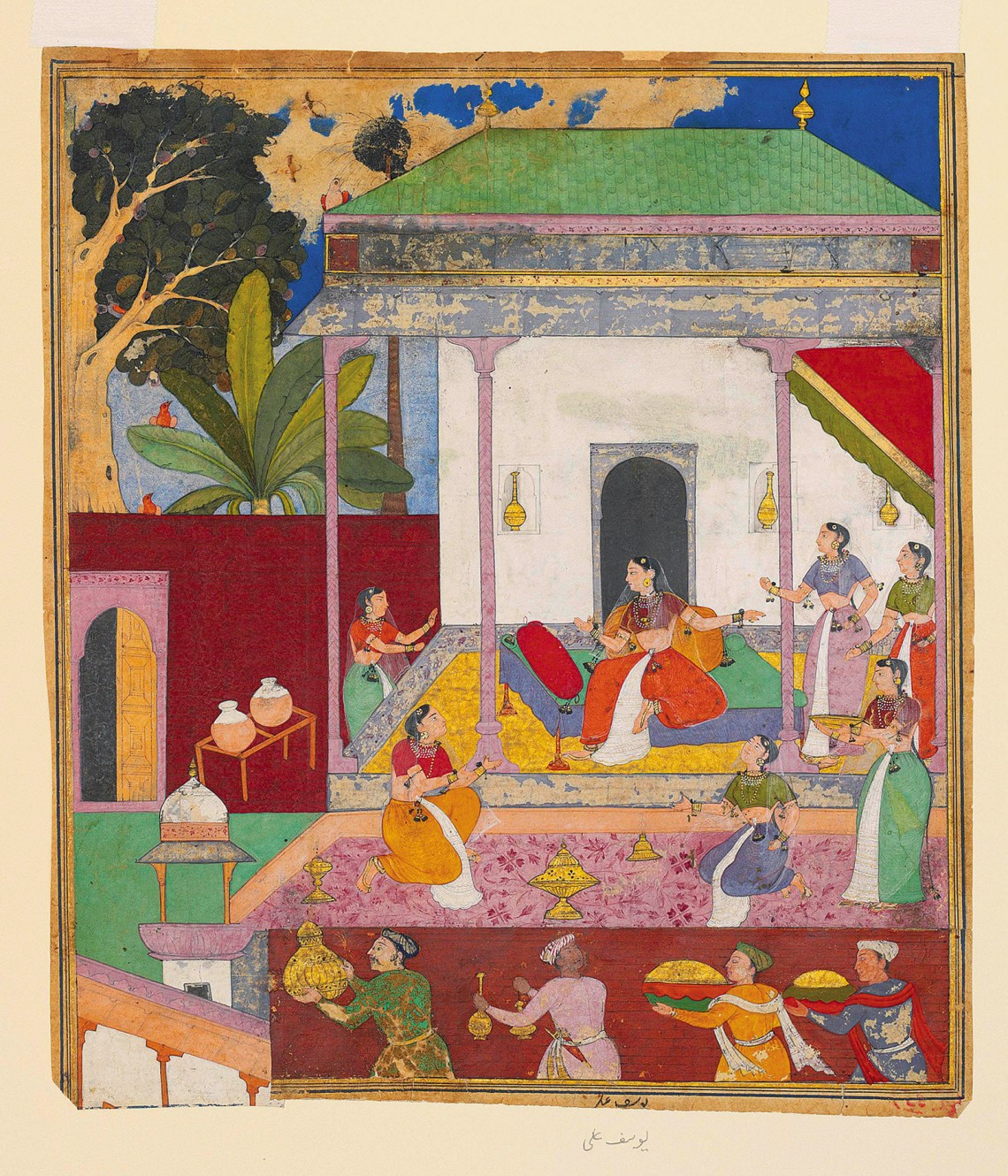
The Widows’ Laments
Until the Lions: Echoes from the Mahabharata
by Karthika Naïr
September 24, 2020 issue
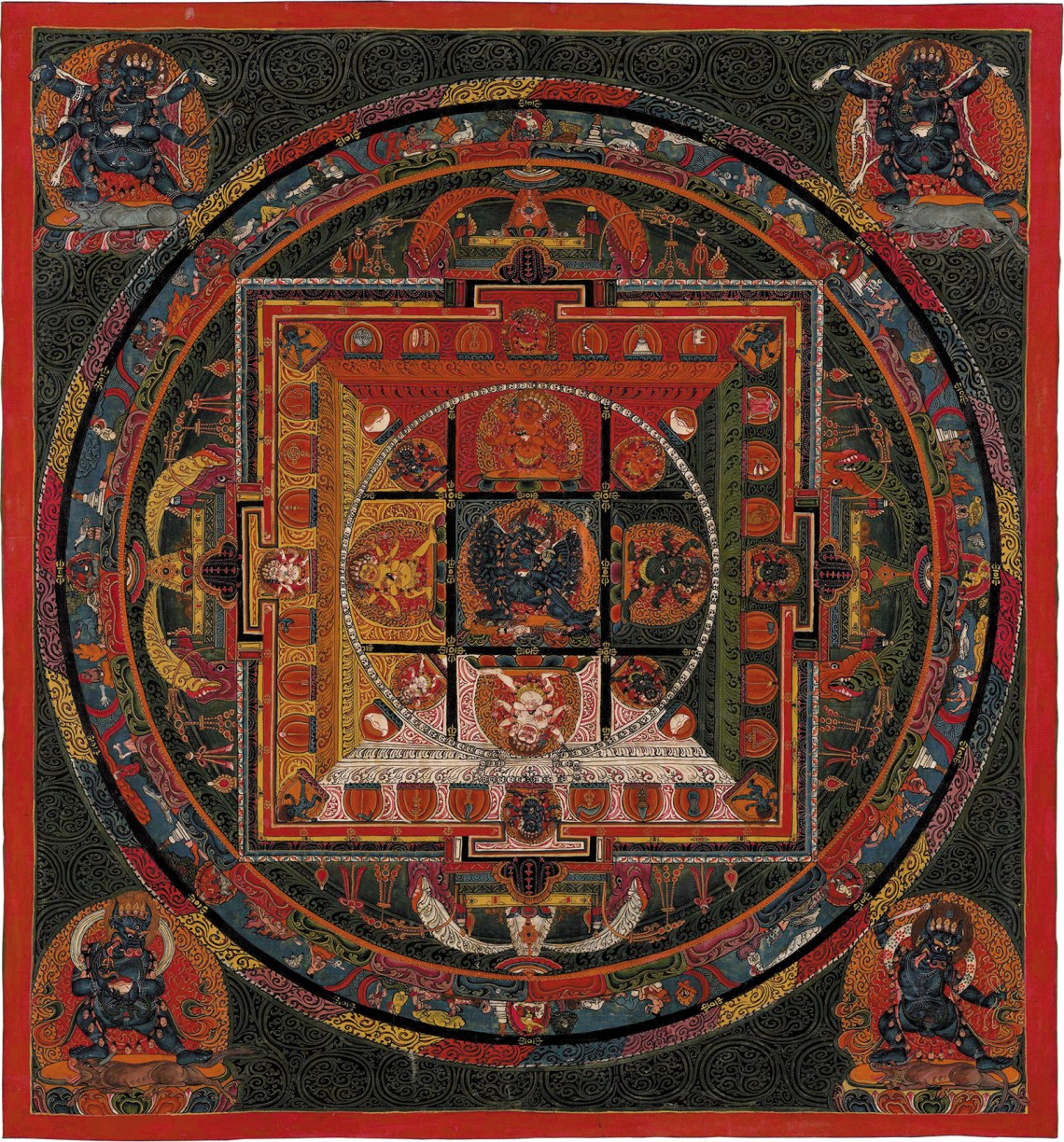
Buddhist Baedekers
Creating the Universe: Depictions of the Cosmos in Himalayan Buddhism
by Eric Huntington
Awaken: A Tibetan Buddhist Journey Toward Enlightenment
an exhibition at the Virginia Museum of Fine Arts, Richmond, April 27–August 18, 2019; and the Asian Art Museum of San Francisco, January 17–April 19, 2020
March 26, 2020 issue
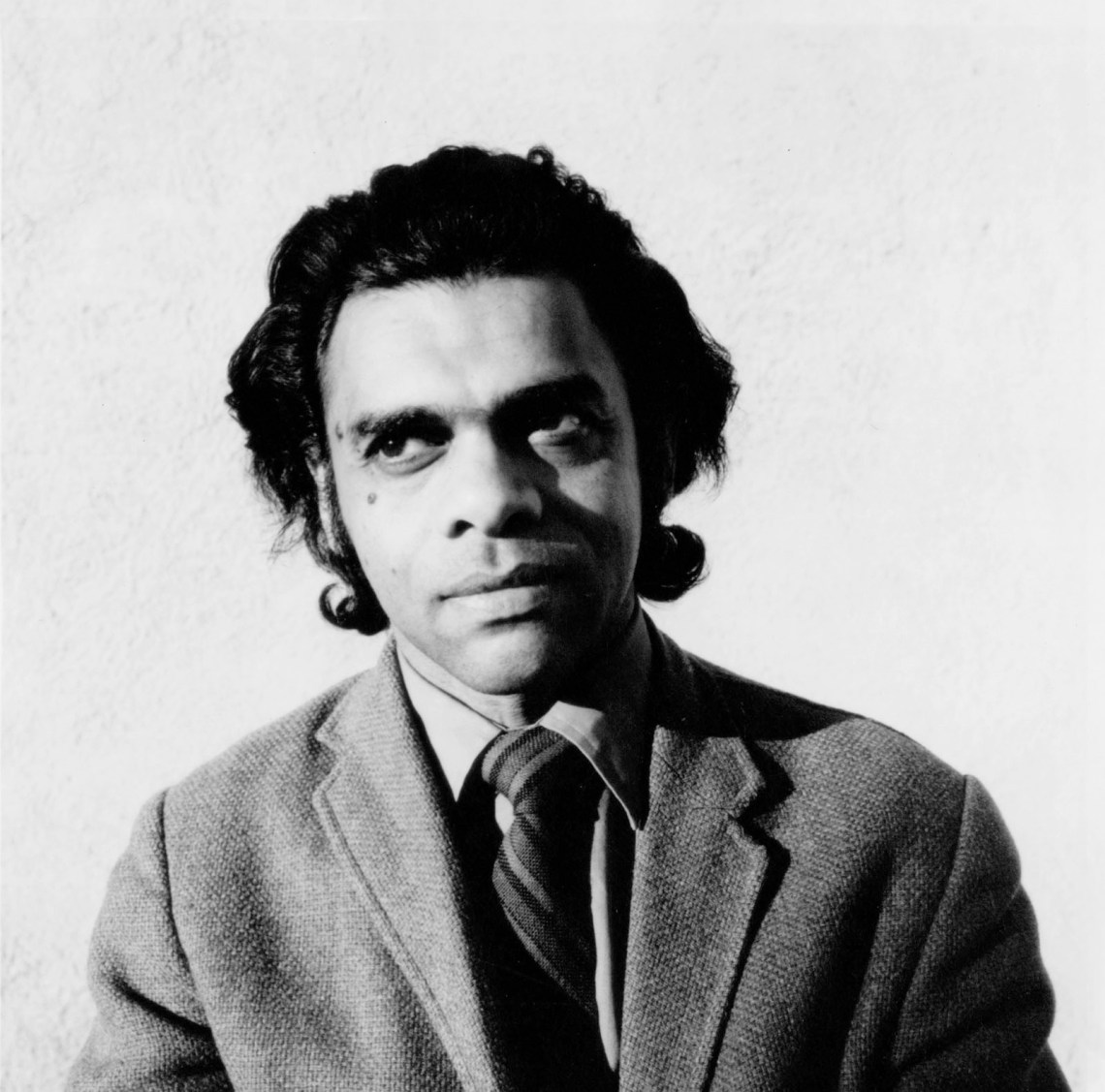
Waiting for the Perfect Word
Journeys: A Poet’s Diary
by A.K. Ramanujan, edited by Krishna Ramanujan and Guillermo Rodríguez
The Interior Landscape: Classical Tamil Love Poems
edited and translated from the Tamil by A.K. Ramanujan
September 26, 2019 issue
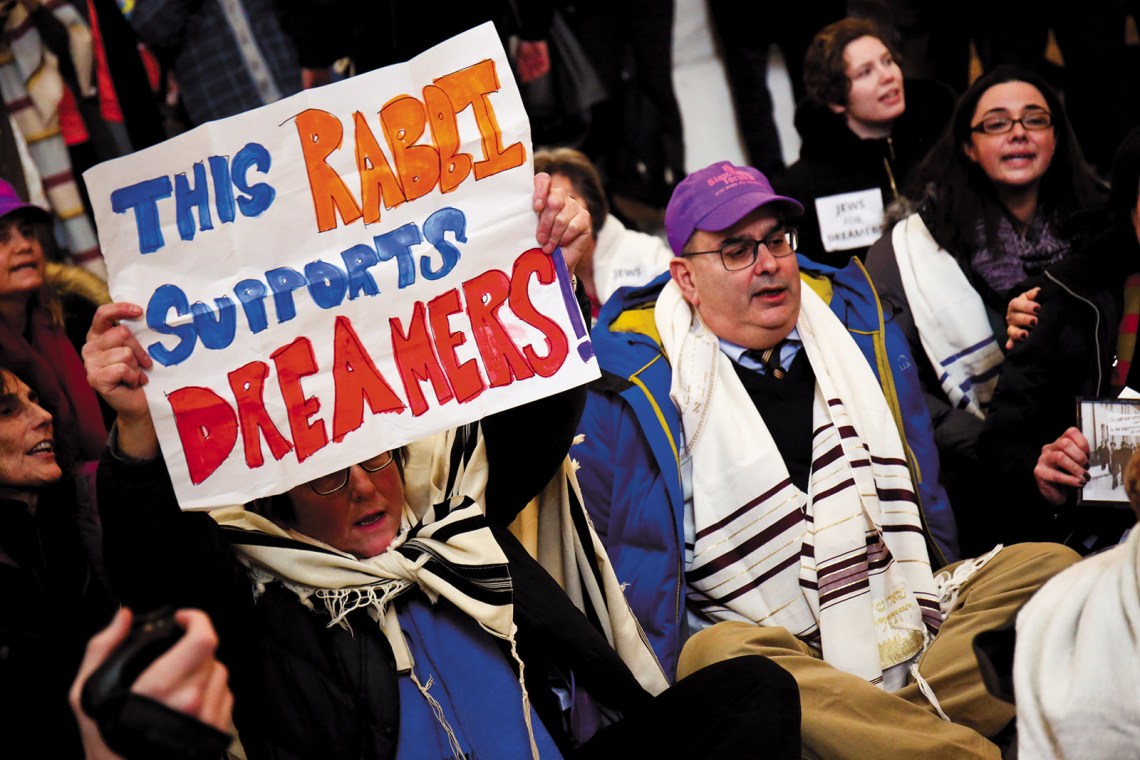
The Last of the Tzaddiks
What is a decent human being supposed to do in the face of devastating threats to human dignity and basic human rights?
Rooted Cosmopolitans: Jews and Human Rights in the Twentieth Century
by James Loeffler
The Wall and the Gate: Israel, Palestine, and the Legal Battle for Human Rights
by Michael Sfard, translated from the Hebrew by Maya Johnston
June 28, 2018 issue
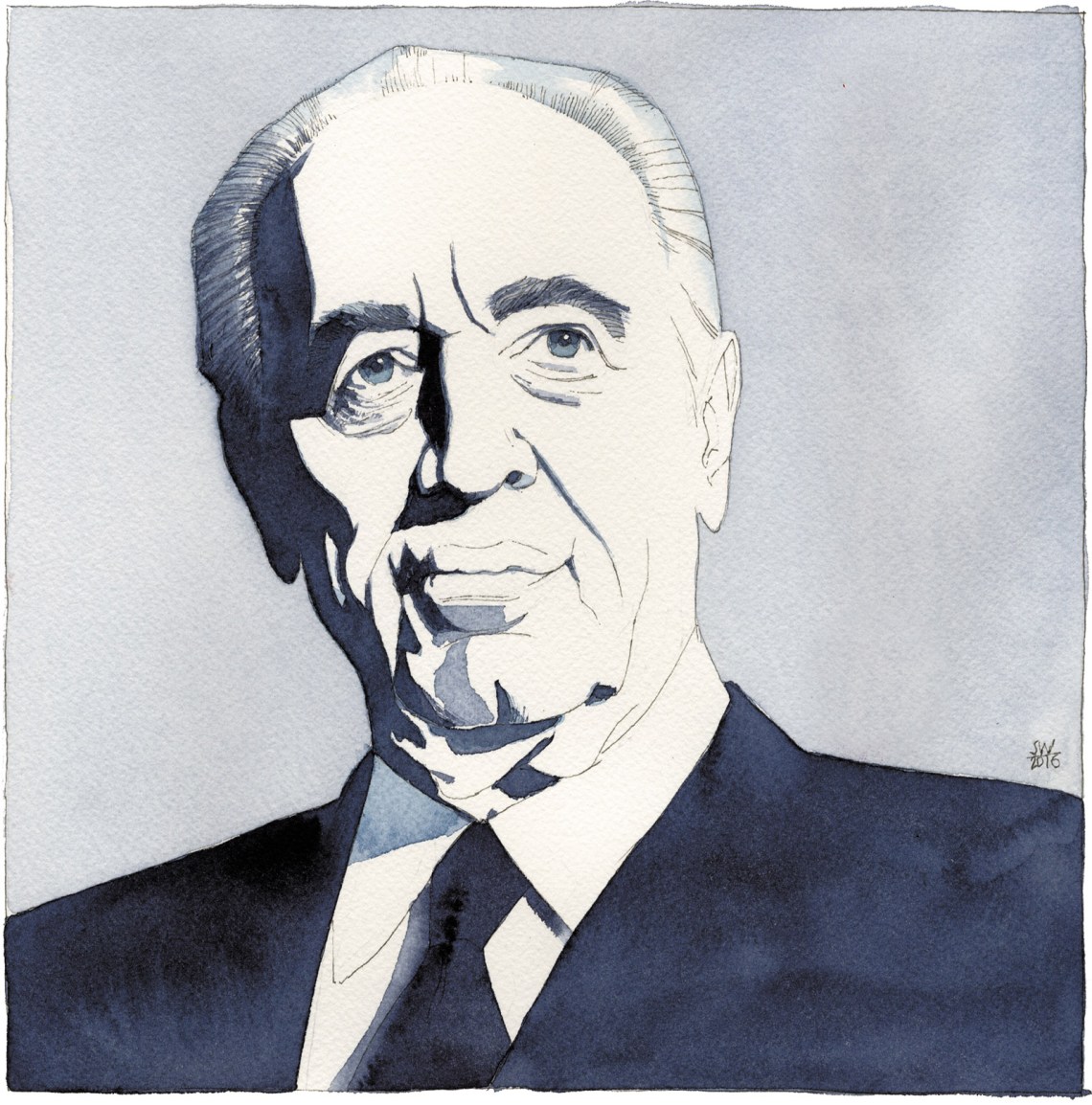
A Hero in His Own Words
Shimon Peres’s ‘No Room for Small Dreams: Courage, Imagination, and the Making of Modern Israel’
No Room for Small Dreams: Courage, Imagination, and the Making of Modern Israel
by Shimon Peres
December 7, 2017 issue
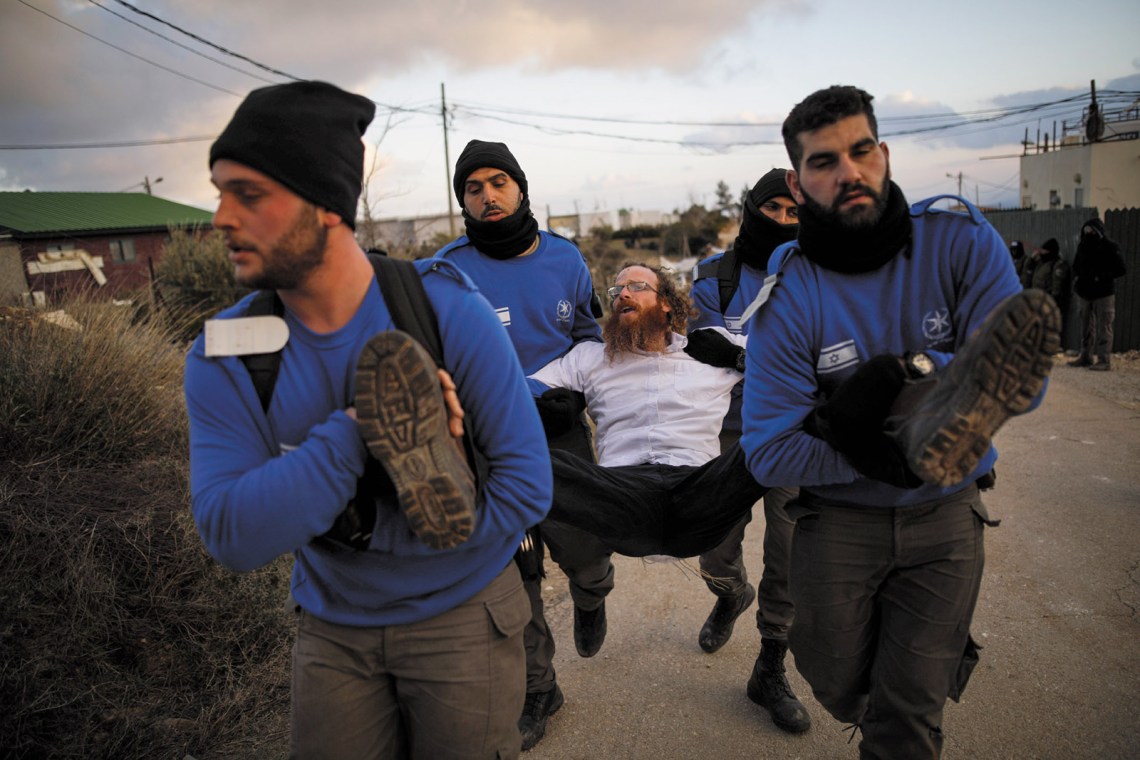
Israel’s Irrational Rationality
The country I came to live in fifty years ago was utterly unlike the one I live in today.
The Six-Day War: The Breaking of the Middle East
by Guy Laron
The Only Language They Understand: Forcing Compromise in Israel and Palestine
by Nathan Thrall
In Search of Modern Palestinian Nationhood
by Matti Steinberg
Kingdom of Olives and Ash: Writers Confront the Occupation
edited by Michael Chabon and Ayelet Waldman
A Half Century of Occupation: Israel, Palestine, and the World’s Most Intractable Conflict
by Gershon Shafir
June 22, 2017 issue
Subscribe and save 50%!
Read the latest issue as soon as it’s available, and browse our rich archives. You'll have immediate subscriber-only access to over 1,200 issues and 25,000 articles published since 1963.
Subscribe now
Subscribe and save 50%!
Get immediate access to the current issue and over 25,000 articles from the archives, plus the NYR App.
Already a subscriber? Sign in